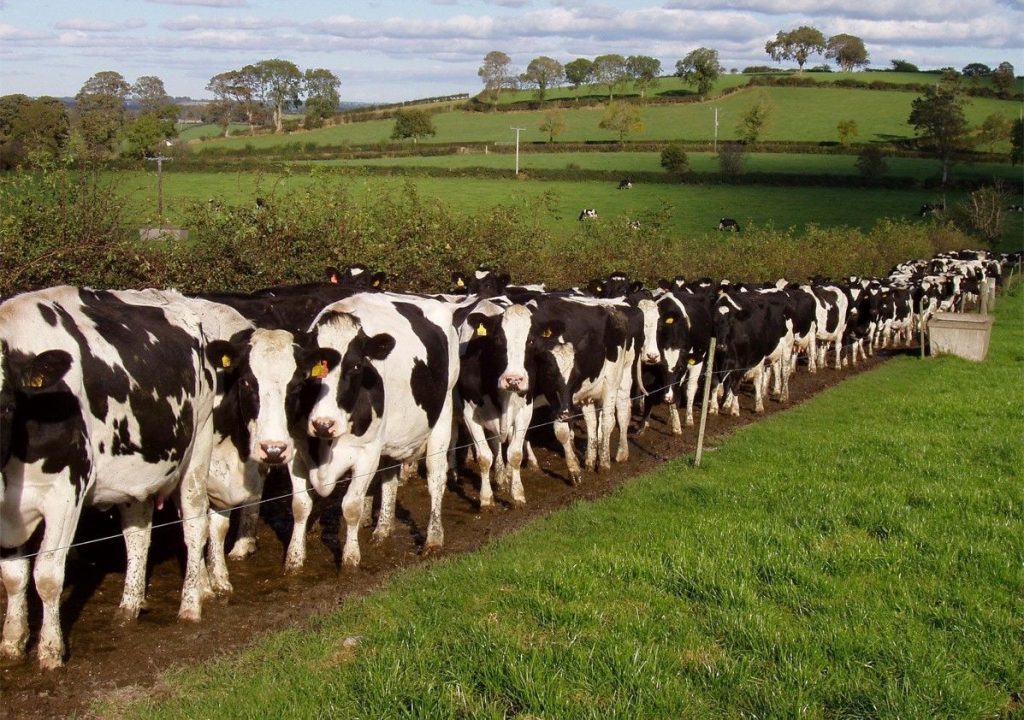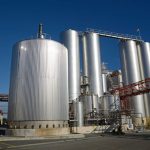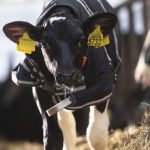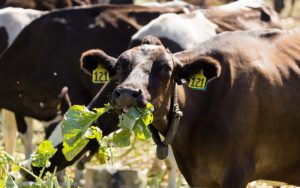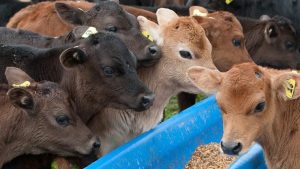
However, the industry-good organisation says more workers are needed and is continuing to push for another 1500 dairy international workers to be let into the country for the 2022 dairy season. The workers will help alleviate crippling staff shortages that are having a serious impact on farmer wellbeing.
Earlier this year the Government said 200 international dairy workers would be allowed into New Zealand on a dairy class border exception – with 50 places available for farm assistants and 150 positions available for herd manager and assistant manager roles.
Today, the Government confirmed it will remove the restrictions on how many farm assistants, herd managers and assistant managers can make up the quota of 200 workers, and allow applications for all roles.
DairyNZ strategy and investment leader farm performance Nick Robinson says the Government’s decision is sensible and DairyNZ has always advocated for this approach to provide flexibility in how the quota for international workers is filled.
“There has been much stronger demand from dairy farmers for farm assistant positions, and all of these applications were filled quickly. We know there are more farmers who have vacant farm assistant positions that they can’t find Kiwis to fill. We are waiting to see further detail of the Government’s announcement and will share that with farmers once it’s available.”
The announcement follows a meeting between DairyNZ, Federated Farmers, Dairy Women’s Network and the Government on Thursday, and months of advocacy to try and get an improved class exception process.
Mr Robinson says while the decision is good news, it’s critical that the Government support the dairy sector’s request to allow a further 1500 international dairy workers into New Zealand in 2022, and DairyNZ pressed this point home to the Government at this meeting.
“We currently have the lowest unemployment rate we have seen since 2007 – 3.4 per cent, and we know the rate is even lower in many dairying regions. With our borders closed, many of New Zealand’s core sectors are facing staff shortages, and we are seeing a significant labour shortage on farms too.”
Recent labour surveys indicate that the dairy sector is short of 2000 – 4000 workers, and farmers continue to raise the issue as a significant cause of stress.
“Farmers are under real pressure and have been since COVID-19 arrived on our shores. This is simply unsustainable,” says Mr Robinson. “This has been a serious issue for two seasons now. It has taken a real toll on farmers and we cannot let this continue for another season.”
DairyNZ also continues to advocate that wage and salary rates for class exception visas align with market conditions in New Zealand.
Dairy employs around 50,000 people and is forecast to contribute over $42 billion to the economy this year. Mr Robinson says it’s vital for New Zealand that the dairy sector keeps performing, and the Government must support farmers by allowing them to recruit international workers if they can’t fill positions with Kiwis.
DairyNZ also has a range of initiatives underway to attract Kiwis into dairy, including a GoDairy programme focused on attracting capable New Zealanders into dairy. Salaries for people working on farms have increased significantly over the past two years, and many roles offer accommodation on site.
